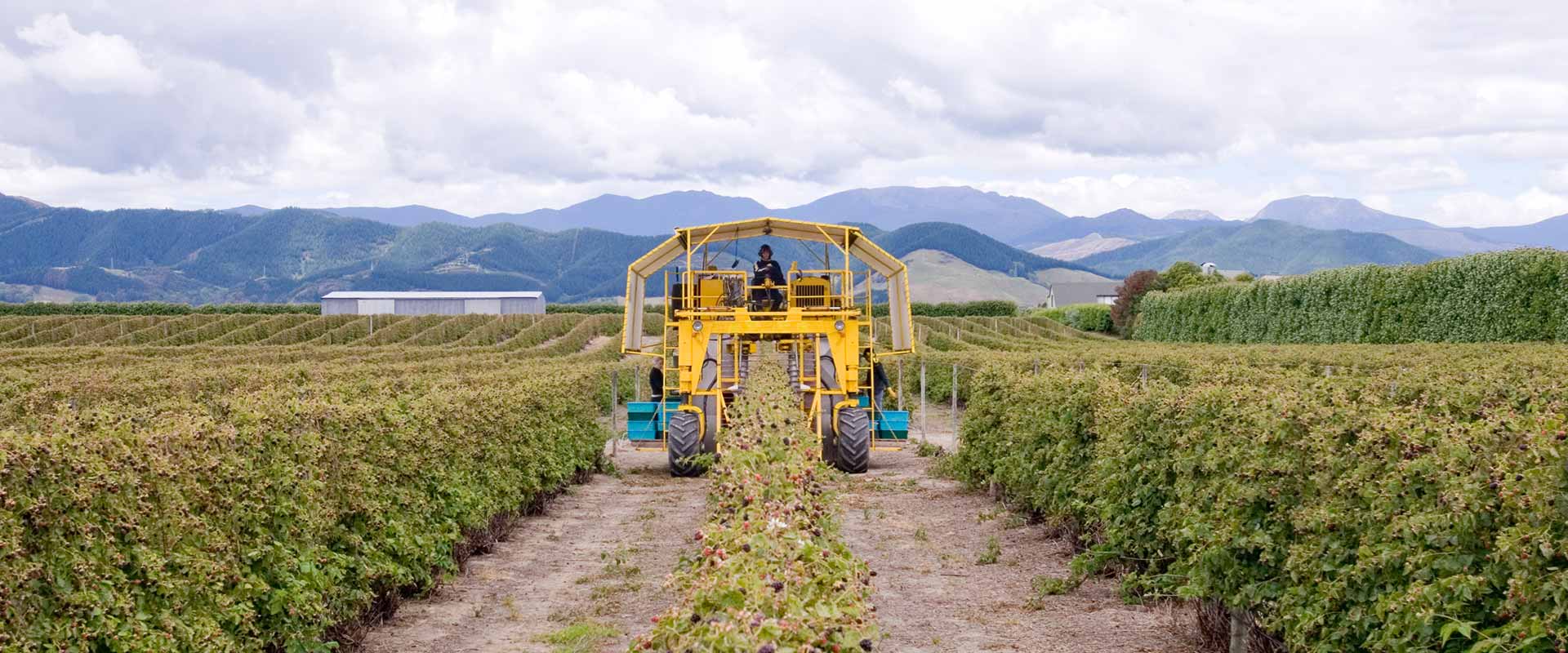Has the social license negotiated within peri-urban environments been impacted following Cyclone Gabrielle?
February 2024
Has the social licence negotiated within peri-urban environments been impacted following Cyclone Gabrielle?
This report examines a case study of disaster response in Te Awa, a suburb south of Napier in Hawke’s Bay. During Cyclone Gabrielle in February 2023, the suburb flooded resultng in the evacuation of 8000 citizens. The report aims to explore the implications of the cyclone and disaster response for social licence of farming in the region. Although Te Awa is a peri-urban suburb, the local catchment supports a lot of hortiultural farming as well.
In noting the media’s response to the disaster, the issue of climate change and responsiveness to future events was a major theme. Increased risk of flooding means some land uses that were previously suitable for Te Awa may no longer be suitable in the future. Despite this, there was litlle discussion of alternative land uses or options to ‘build back better’ from the disaster.
Policy documents illustrate that tensions between National Policy Statements for Urban Development and Highly Productive Land pushed the regional council into mutually unachievable positions.
Social licence operates at different scales and that moments of crises – like Cyclone Gabrielle – can trigger different conversations at different scales. Media is important in shaping narratives around disaster recovery, as well as public engagement and the need for reactive governance.
Report submitted to Massey University
 View Our Strategy Document 2019 – 2024
View Our Strategy Document 2019 – 2024



